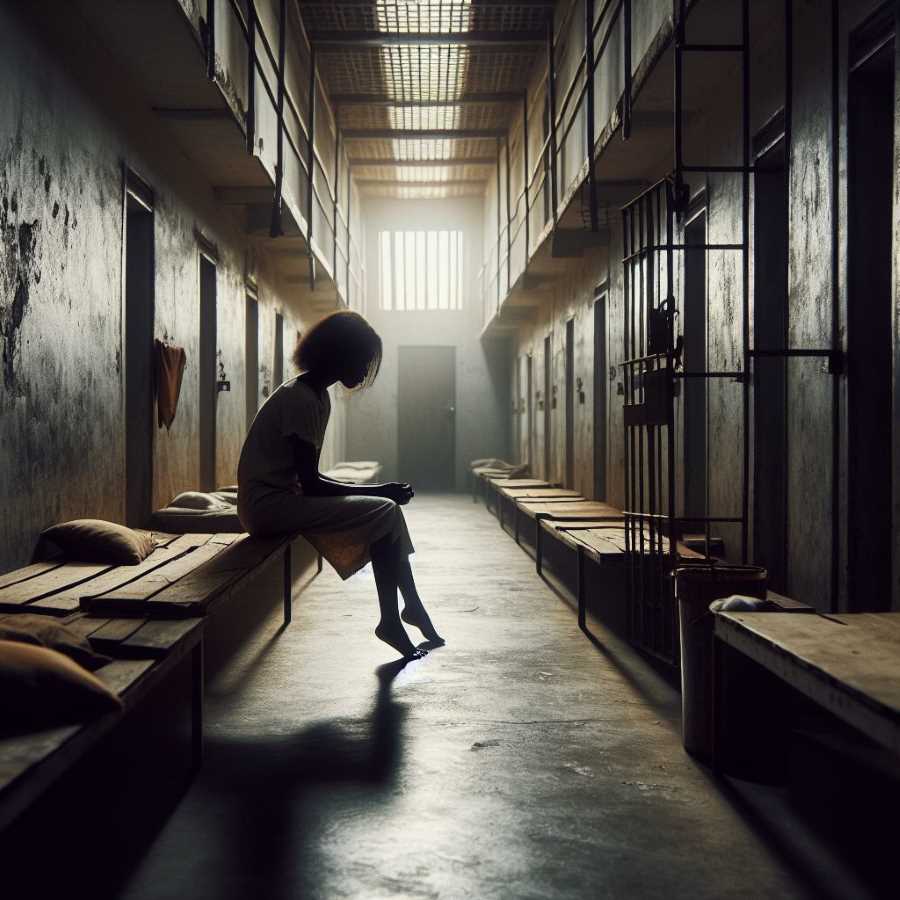The Cruel Reality of Women Behind Bars in Mexico
Mexican prisons fail women. From arrest to incarceration, they face abuse, rights violations, and a system that denies them a path back to society. Their stories expose a broken justice system in desperate need of reform.

In the labyrinthine alleys of the Mexican justice system, where shadows conceal the stark truths of power and vulnerability, a tale unfolds; not of hardened criminals, but of women trapped in a cycle of neglect, abuse, and societal indifference. These women, inmates in a system stacked against them, endure hardships exceeding the boundaries of punishment, their voices fading into the silence of forgotten cells.
The very act of arrest marks the beginning of their ordeal. Statistics paint a grim picture – the specter of rape hangs heavy, with the Navy (41%) and the Army (21%) as the primary perpetrators, as per the ENPOL (2021) survey. The torture doesn't end with apprehension – a staggering 48% of these women endure continued abuse before facing a prosecutor. Yet, the true horrors of their incarceration await them within the confines of the prison.




